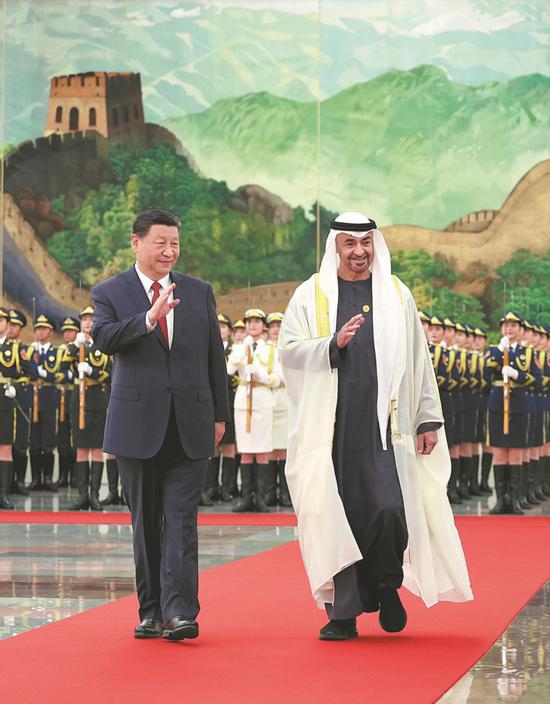
President Xi Jinping and President of the United Arab Emirates Sheikh Mohamed bin Zayed Al Nahyan attend a welcoming ceremony at the Great Hall of the People in Beijing on Thursday. (FENG YONGBIN/CHINA DAILY)
China and the United Arab Emirates have inked multiple agreements on bilateral cooperation in the fields of investment, joint construction of the Belt and Road, science and technology, peaceful use of nuclear energy and more, as part of efforts to boost their ties.
President Xi Jinping and UAE President Sheikh Mohamed bin Zayed Al Nahyan witnessed the signing of the agreements on Thursday in Beijing following their talks at the Great Hall of the People.
The UAE leader is on a state visit to China. He also attended the opening ceremony of the 10th Ministerial Conference of the China-Arab States Cooperation Forum, which was held in Beijing on Thursday.
During their talks, both presidents emphasized the need to enhance bilateral ties, and they also exchanged views on the Palestine-Israel conflict.
Xi noted that the UAE is an important comprehensive strategic partner of China, and the robust development of bilateral ties has set a good example for China-Arab state relations in the new era.
China supports the UAE in pursuing an independent development path and safeguarding national sovereignty, security and development interests, Xi said, and it is willing to consolidate political mutual trust with the UAE, enhance cooperation and work together to build a China-UAE community with a shared future.
He expressed China's readiness to continue promoting high-quality joint construction of the Belt and Road with the UAE, strengthen the alignment of the countries' development strategies, and seize the opportunity to establish a high-level committee for two-way investment cooperation to deliver more outcomes from their cooperation.
Xi underlined the need for both countries to enhance collaboration in the fields of trade, energy and infrastructure, and expand cooperation in high-tech fields such as information technology, artificial intelligence, the digital economy and new energy. He also called for enhancing law enforcement and security cooperation.
Noting that Middle East countries are an important part of developing countries and a significant force in the multipolar world, Xi said that China supports them in continuing on a development path that suits their national conditions, upholding unity, self-improvement, peace and reconciliation, resolving differences through communication and consultations, and holding their destiny in their own hands.
The UAE president described China as his second home and said that the UAE-China relationship is built on mutual trust, mutual respect and common interests, with cooperation in various fields reaching an extraordinary level.
The UAE places high importance on developing its relationship with China, prioritizing China in its foreign affairs relations and considering China as a long-term, reliable strategic partner, he said, adding that the UAE government firmly adheres to the one-China principle, opposes any form of "Taiwan independence", and supports China's efforts to achieve national reunification.
The UAE leader said the continuous deepening of Arab-China relations and Gulf Cooperation Council-China relations conforms to the common aspirations and fundamental interests of the peoples of Arab and Gulf countries. The UAE is willing to work with China to better promote Arab-China and GCC-China relations to deliver more benefits to their peoples, he added.
On the Palestine-Israel conflict, Xi emphasized that the immediate priority is a comprehensive ceasefire and alleviation of the humanitarian crisis in the Gaza Strip. China and Arab countries share a common position on the question of Palestine and should work together to promote a comprehensive, just and sustainable solution to the question, he said.
On Thursday, the UAE president also met with Zhao Leji, chairman of the Standing Committee of the National People's Congress, China's top legislative body.








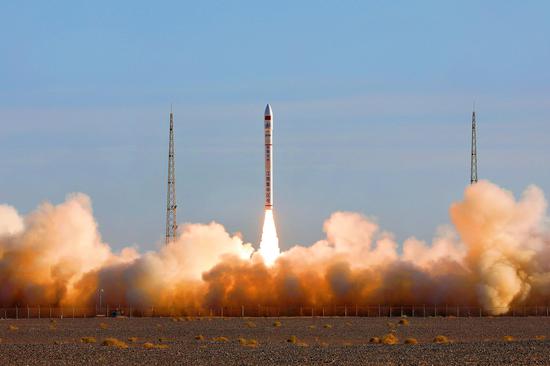
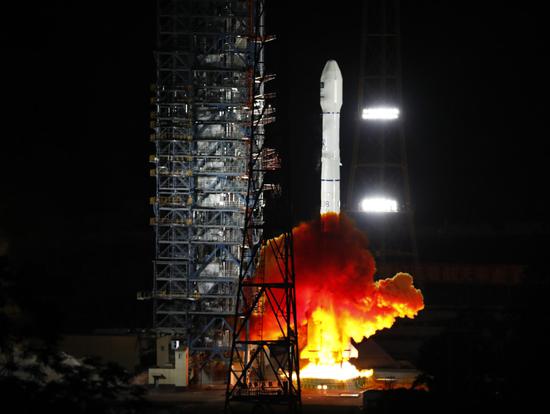
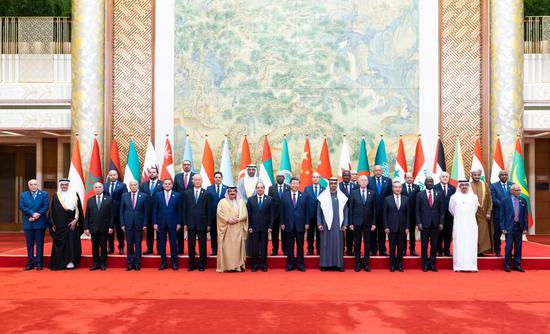

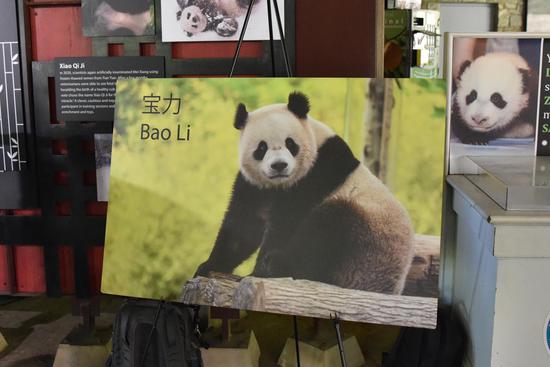
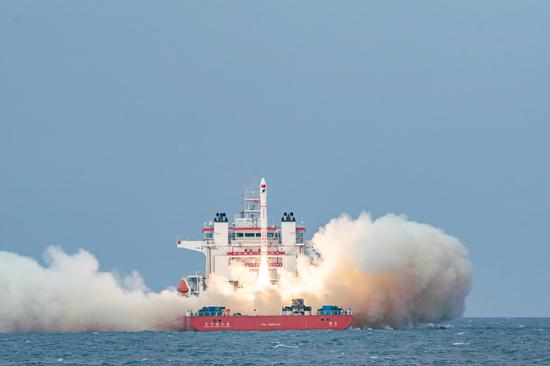

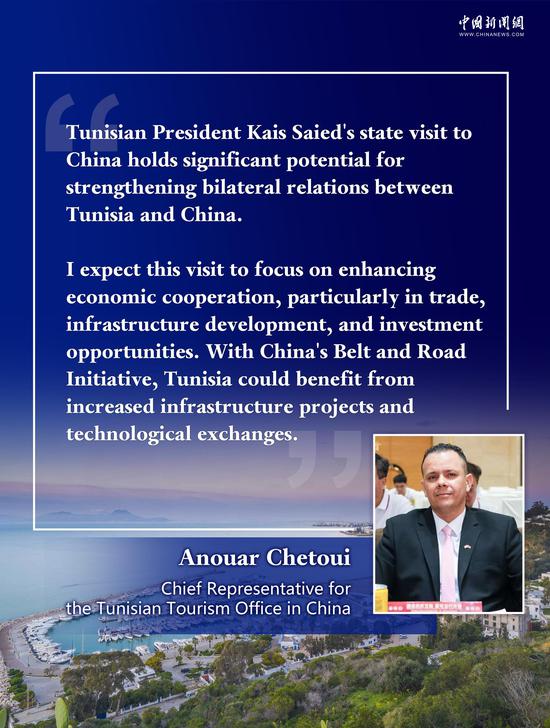
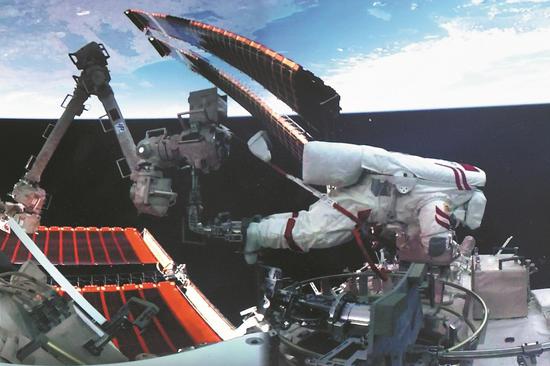

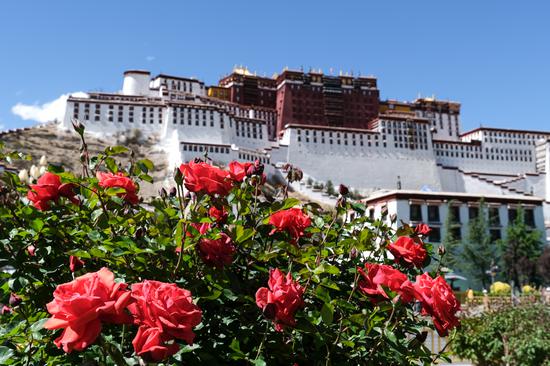
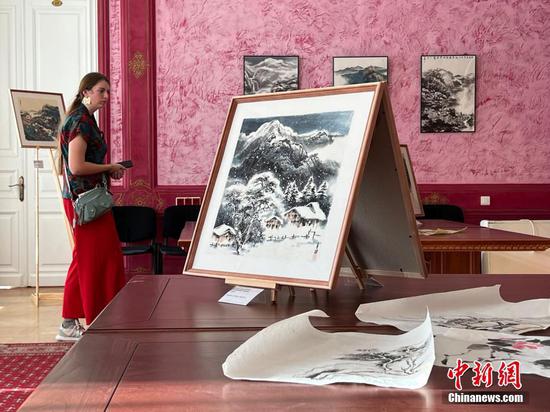


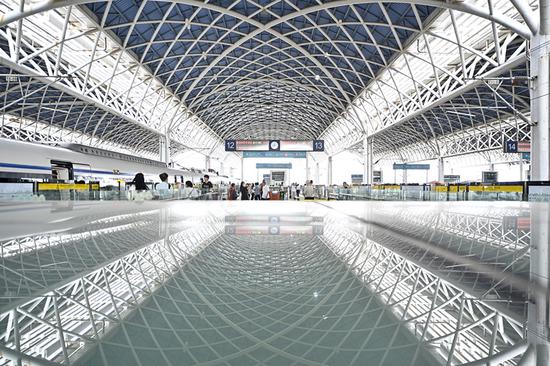

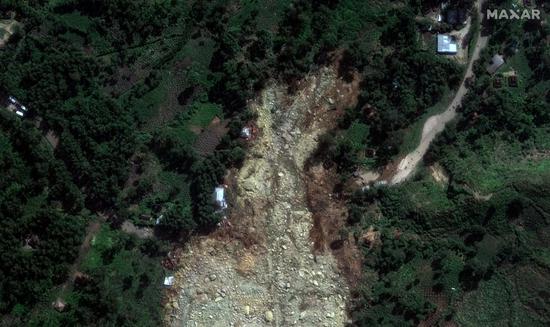

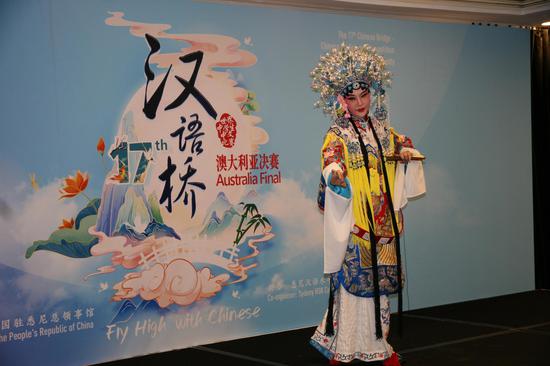



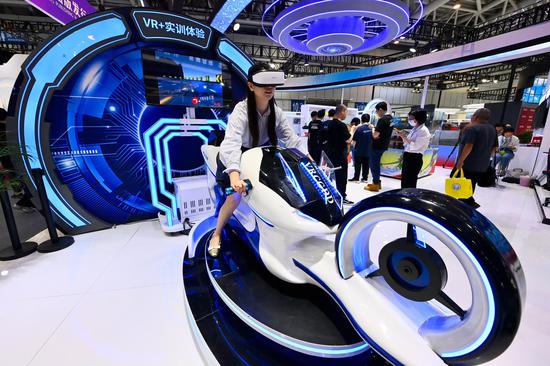
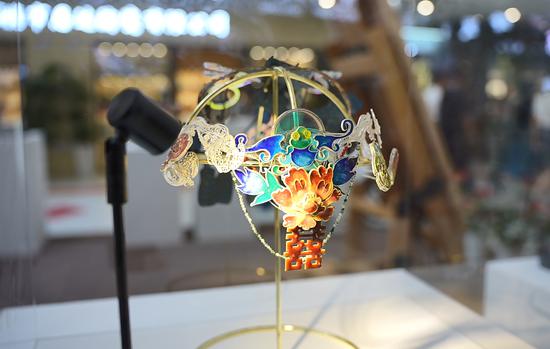
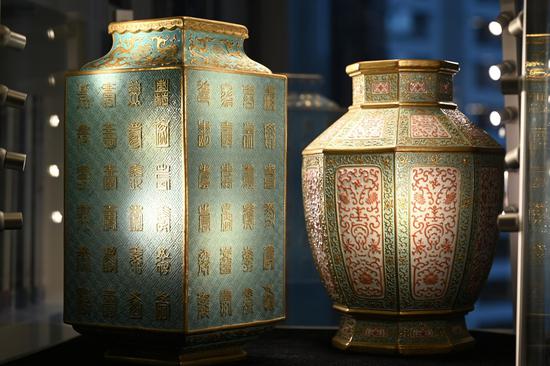
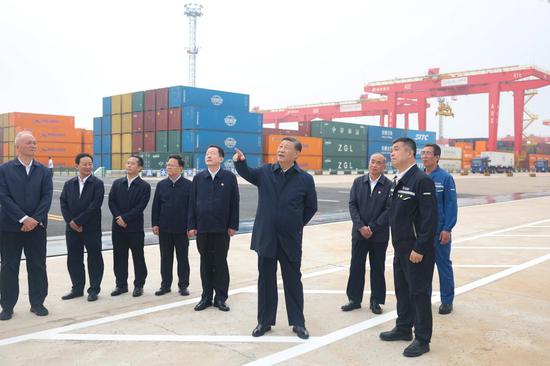
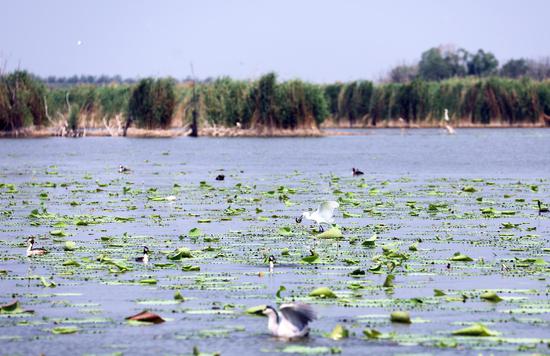
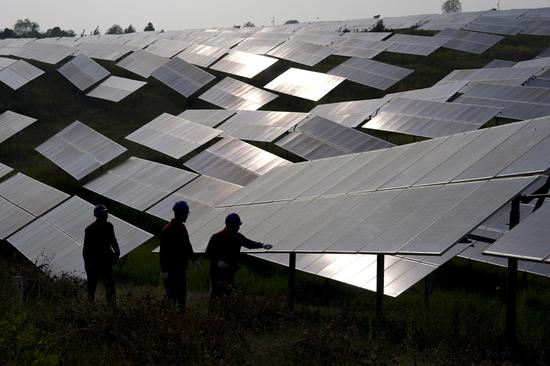

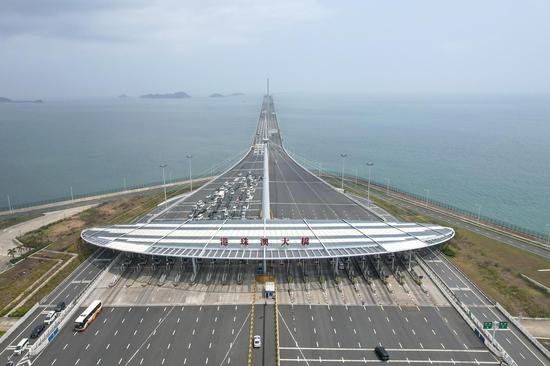
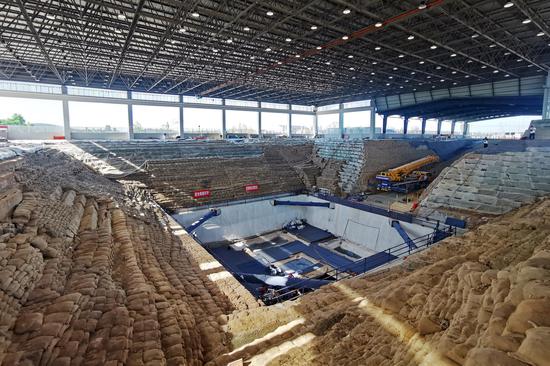
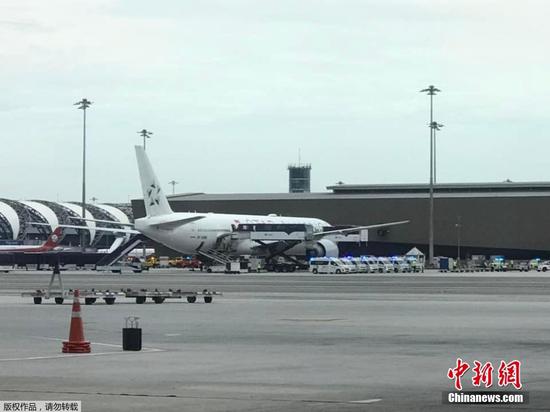

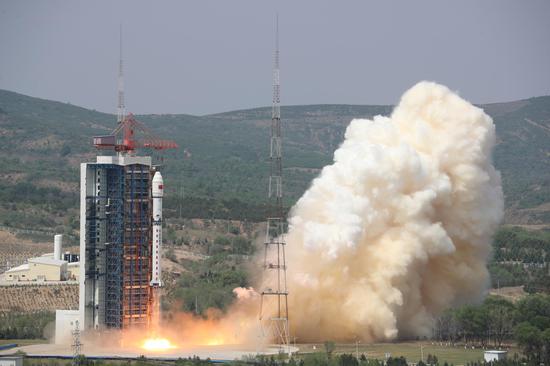
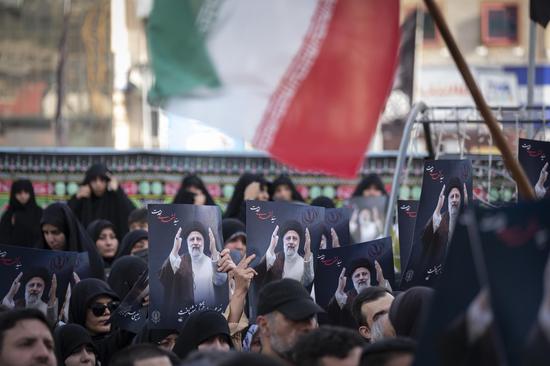
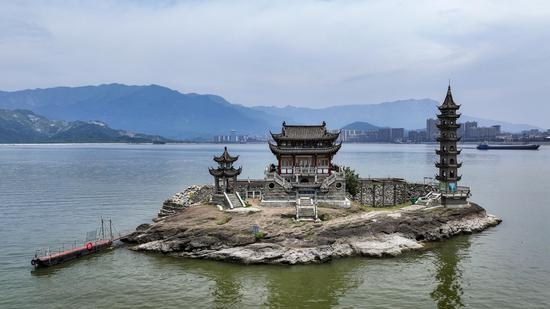






 京公网安备 11010202009201号
京公网安备 11010202009201号